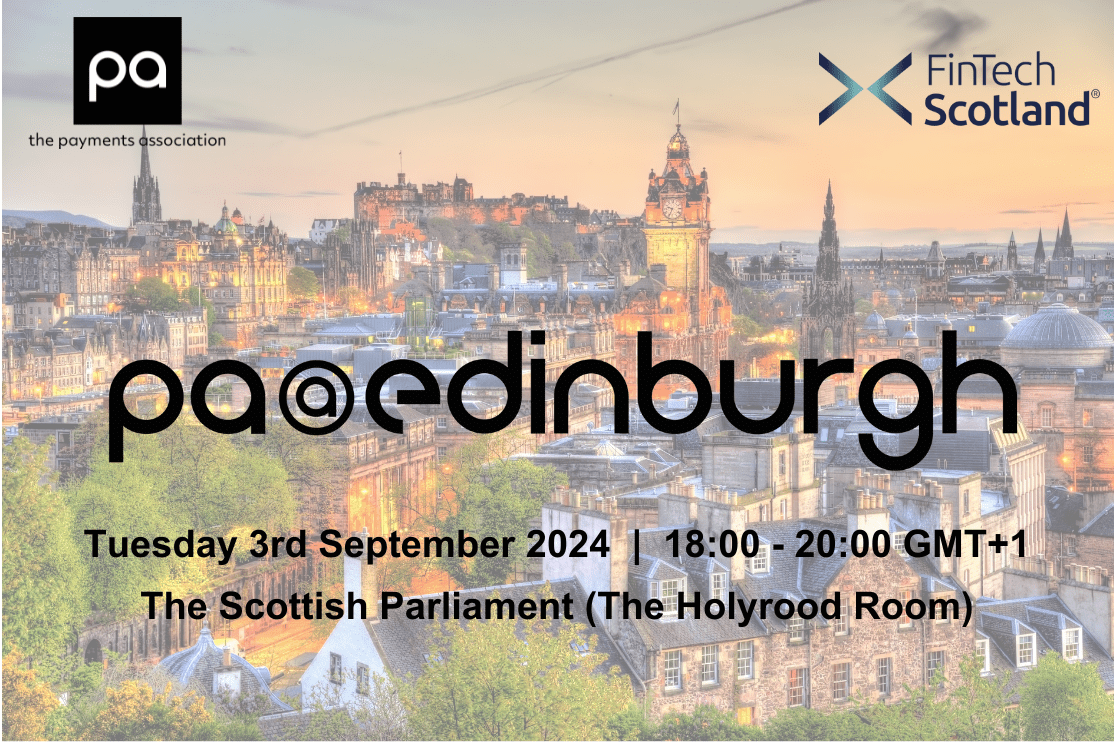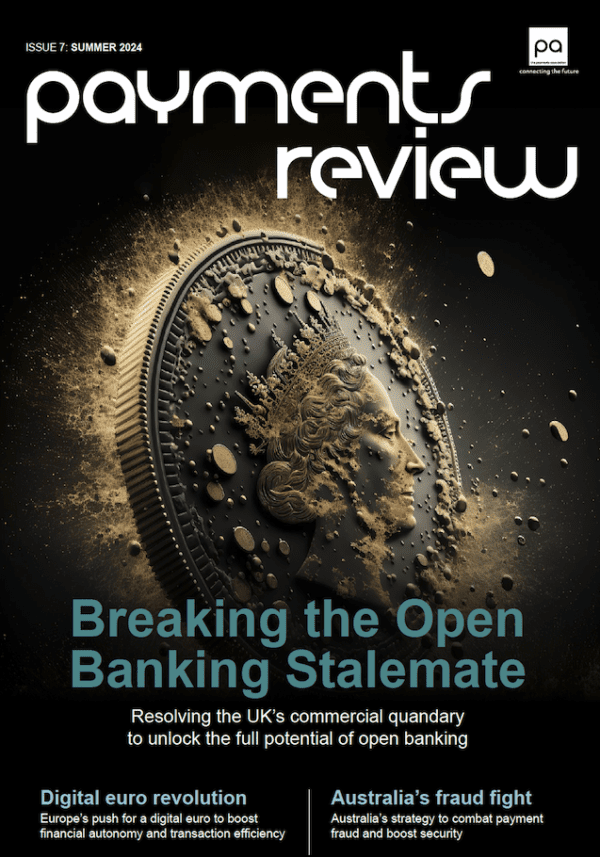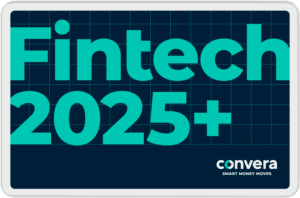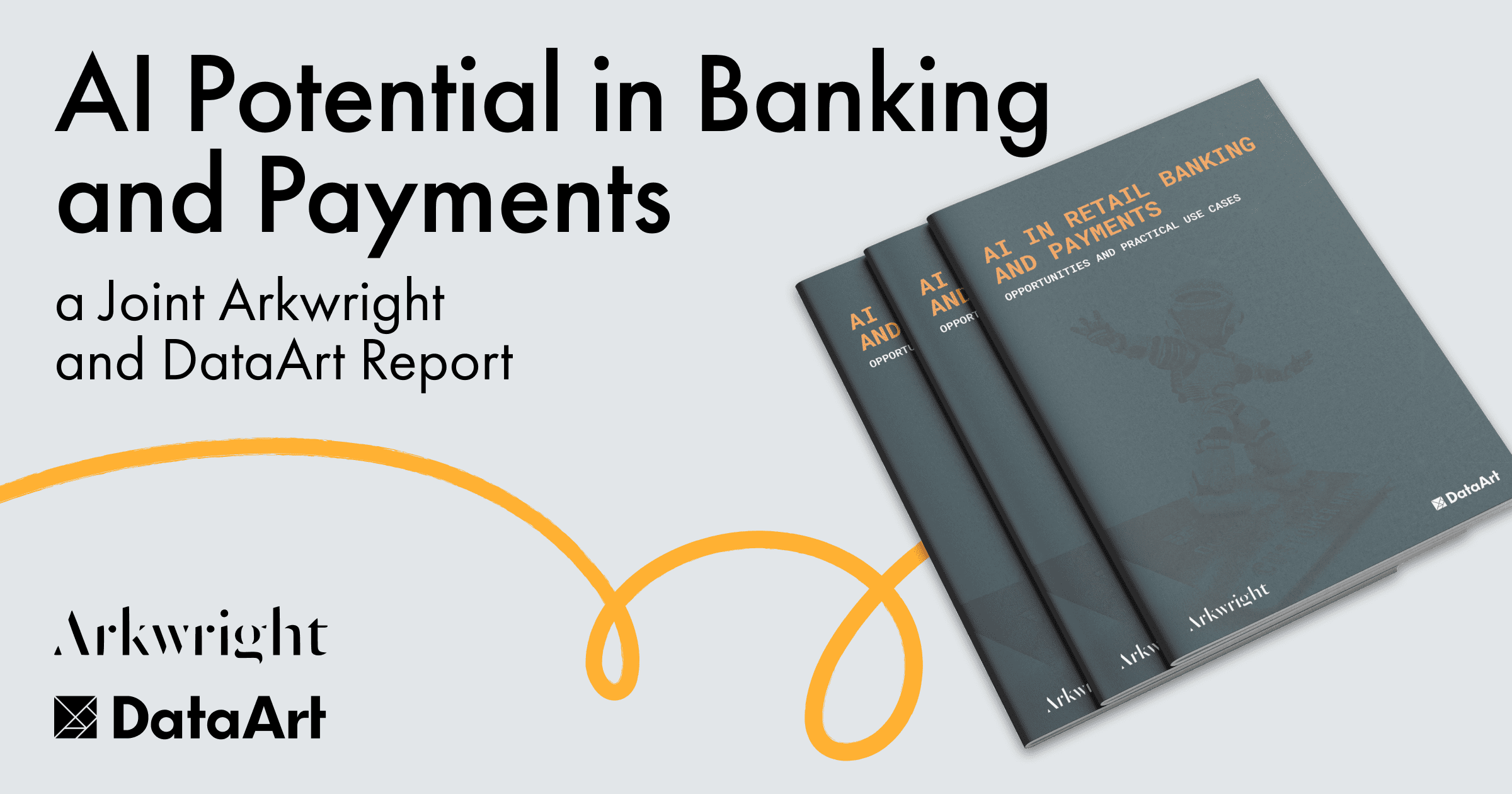Advisory Board Nominees 2021

Kamran Hedjri
Group CEO
PXP Financial
Area of Expertise:
Why do you want to become a member of The Payments Association Advisory Board?
What do you see as the main challenges The Payments Association should focus on in the year ahead?
What will you bring to the Advisory Board?

Steven Marshall
Chief Product & Network Officer
Crown Agents Bank
Area of Expertise:
Why do you want to become a member of The Payments Association Advisory Board?
What do you see as the main challenges The Payments Association should focus on in the year ahead?
What will you bring to the Advisory Board?

Satish Chander
CEO
CFS-Zipp Limited
Area of Expertise:
Why do you want to become a member of The Payments Association Advisory Board?
What do you see as the main challenges The Payments Association should focus on in the year ahead?
- Working with regulators and enabling Tier 1 / high street banks more receptible to EMIs and payment service providers…. can we aim for a cultural shift!!
- Innovation and trust in industry. How can the industry innovate and also build trust given the current overly regulated landscape and increasing frauds in the pandemic.
- How do we go back and Start trading in Europe like pre Brexit days!!! A tall ask!!!!
What will you bring to the Advisory Board?
- EMI subject knowledge
- Commitment & time – happy to lead projects
- Influence new members for The Payments Association

Jairo Riveros
Chief Strategy Officer
Paysend
Area of Expertise:
Why do you want to become a member of The Payments Association Advisory Board?
What do you see as the main challenges The Payments Association should focus on in the year ahead?
What will you bring to the Advisory Board?

Ray Brash
CEO and Chairman
PPS
Area of Expertise:
Why do you want to become a member of The Payments Association Advisory Board?
What do you see as the main challenges The Payments Association should focus on in the year ahead?
- Especially post Brexit, how to help payment providers and their clients keep safe in a busines friendly manner across the UK and Europe
- How to address potential regulation in associated industries that affect payments i.e. increased regulation in credit for BNPL providers and how that affects the payment industry (payout of loans etc.)
- Thought leadership on the future of digital currencies, and how to work with them today and adopt them as they become more mainstream
- Discussion on how as an industry we are setting up to ensure the use cases (technical and monetary) are utilized
- How to ensure as the digitization of payments does not lead to less financial inclusion – how to help the wider population across Europe
- How to remove the pain points of payments – i.e. how to make those back office processes like KYC simpler/more efficient
- As more and more members join from diverse industries (as embedded finance grows for example) how to ensure relevance to all parties
What will you bring to the Advisory Board?

Noyan Nihat
Chief Operating Officer
Privat3 Money Ltd
Area of Expertise:
Why do you want to become a member of The Payments Association Advisory Board?
What do you see as the main challenges The Payments Association should focus on in the year ahead?
What will you bring to the Advisory Board?
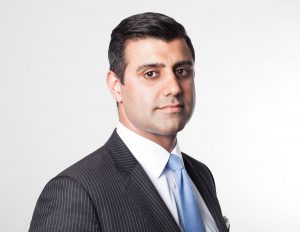
Mitch Trehan
UK Head of Compliance and MLRO
Banking Circle
Area of Expertise:
Why do you want to become a member of The Payments Association Advisory Board?
What do you see as the main challenges The Payments Association should focus on in the year ahead?
- Changing regulation: The Payments Association should be at the forefront of thought leadership and advising its members on the new UK Money Laundering Regulations, and increased regulation and supervision of operational resilience and wind-down plans.
- Additional post-Brexit requirements and how to work with Europe effectively: There is an excellent opportunity to cross-share information between The Payments Association and The Payments Association EU, to assist the wider industry with best practices. This could also be useful in promoting innovation and helping the industry to evolve by monitoring trends across the EU and helping to ensure the UK maintains its position in the FinTech ecosystem.
- The expansion of the industry and the capacity of the FCA to review applications: While The Payments Association works with the regulator already, the industry needs support from the FCA and the FCA in turn needs the industry to appreciate the application process. The Payments Association is well positioned to support this.
- The FCA approach and review of trade finance: The FCA is focusing more and more on trade-based money laundering. Bringing together project financial crime, project international trade and project regulator from a board perspective could have cross-project benefits.
- De-risking and financial inclusion: The more de-risking happens, the more that certain areas of society have fewer options when it comes to accessing financial services. The Payments Association should use its voice to keep the focus on this important matter, and to help the industry avoid another payments lockdown, as happened with Wirecard.
What will you bring to the Advisory Board?
- He has 19 years of financial services experience, spanning both large and smaller firms (Citi, Barclays, JP Morgan, Ebury, Currency Solutions and Banking Circle).
- He brings banking and payments experience, specifically senior management oversight of Legal, Risk and Compliance teams and Regulatory relationships.
- He has a platform within the industry and is active in many forums and speaking events. This year, he was selected as a Money2020 ‘One to Watch’ (and received a special commendation from the EPA Awards ‘Industry Contributor of the Year’ award).
- He brings an excellent knowledge of other industry bodies and their activities, as he is part of the Association of Foreign Exchange and Payment Companies (AFEP) and the Prepaid International Forum (PIF), and also has good contacts at the Electronic Money Association (EMA).
- He has experience of dealing directly with regulators and supervisors globally.
- With a background in banking and payments, and specifically providing banking to payments firms, he can provide advice on how the payments industry can and should work with its bankers. De-risking is a key issue facing the payments industry currently, and without working closely with correspondent banking partners this can be a real threat to the future of the industry and its innovation potential.
- He can offer advisory services, looking at problems from a practitioners perspective as an in-house compliance officer.
- He is regularly approached for contribution to media requests for opinions on industry issues and to provide thought leadership on the current and future state of the payments industry, and can also provide The Payments Association with this support.

Manish Garg
Founder & CEO
Banksly
Area of Expertise:
Why do you want to become a member of The Payments Association Advisory Board?
What do you see as the main challenges The Payments Association should focus on in the year ahead?
What will you bring to the Advisory Board?
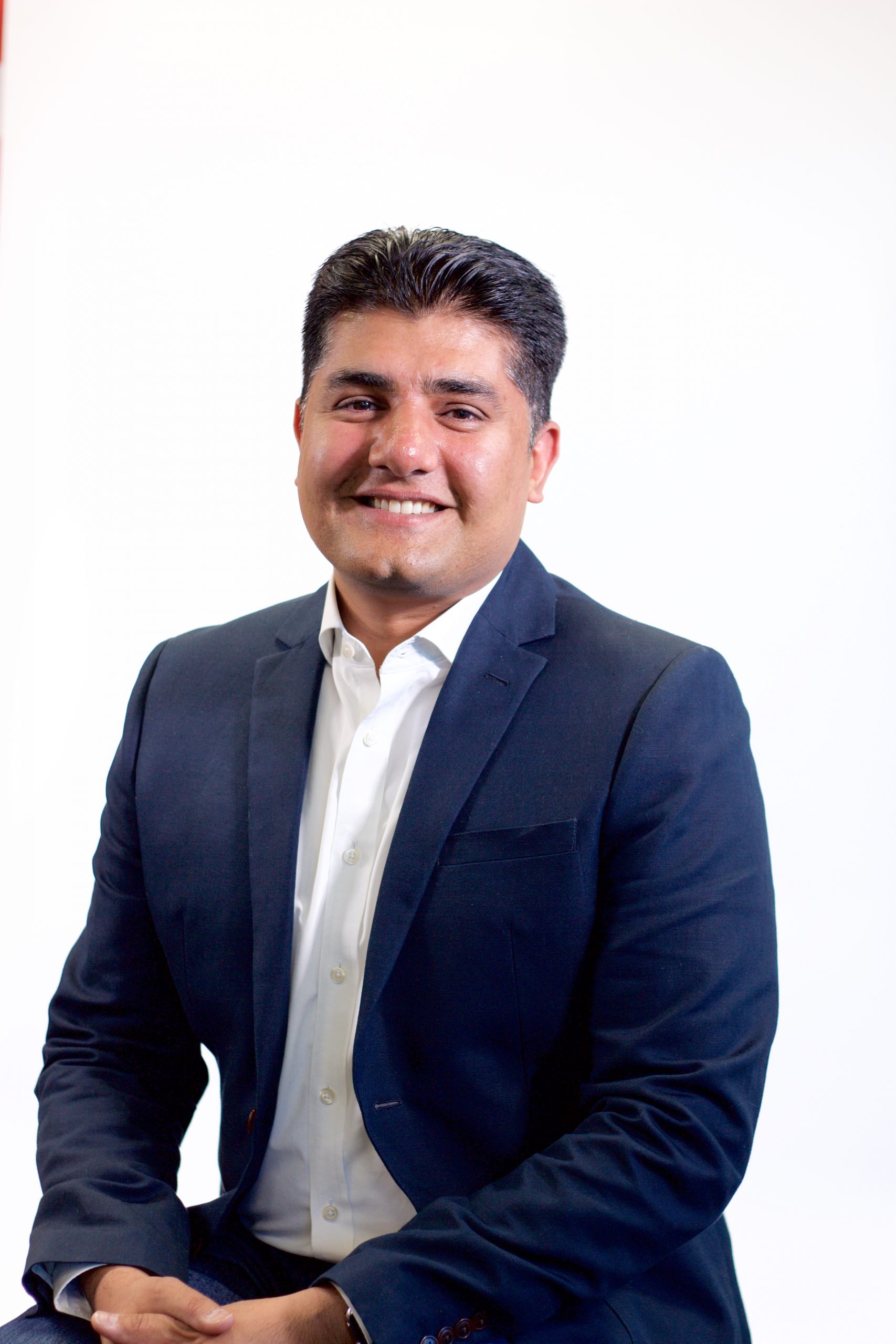
Kaushik Sthankiya
Chief Commercial Officer & Global Head of Partnerships
Sokin
Area of Expertise:
Why do you want to become a member of The Payments Association Advisory Board?
What do you see as the main challenges The Payments Association should focus on in the year ahead?
- Managing the changing regulatory landscape and it’s impact on the growth of the payments community:
- Balancing both the relationship and needs of the payments community with the regulators to promote continued growth and innovation
- Creating a healthy relationship between all stakeholders
- The rise of new innovative technologies (e.g. Blockchain) disrupting the status quo:
- The future of payments depends on it’s ability to continually innovate and bring new capabilities, use cases, and efficiencies to society as a whole
- In my view The Payments Association will play a key enabler role to ensure we capitalise on new technologies as they develop.
- Open Banking levelling the playing competitive field for new fintech entrants:
- Unleashing payments potential to bring safe, secure and a fair ecosystem for all participants
- Enabling greater access to Financial Inclusion to help serve society better:
- Using trusted and secure payments to promote an inclusive and diverse society
- Promote equal opportunities for all
What will you bring to the Advisory Board?

Mandy Lamb
Managing Director UK & Ireland
Visa
Area of Expertise:
Why do you want to become a member of The Payments Association Advisory Board?
What do you see as the main challenges The Payments Association should focus on in the year ahead?
- Whilst more and more people are making digital payments, there are still some consumers who can’t pay digitally or are not confident to do so. As more payments go digital, how do we ensure that vulnerable customers are not left behind and their needs are still catered for?
- Once SCA goes live, what are the next steps in developing innovative security and authentication capabilities?
- After COP26, what should the payments industry focus on delivering that supports a more sustainable future?
- How do we continue to support the development of blockchain technologies such as central bank digital currencies?
- How does The Payments Association continue its evolution, expanding its member base across business types and into new geographies?
What will you bring to the Advisory Board?

Markus Rieker
Managing Director
Gain The Lead GbR
Area of Expertise:
Why do you want to become a member of The Payments Association Advisory Board?
What do you see as the main challenges The Payments Association should focus on in the year ahead?
What will you bring to the Advisory Board?

Mark Nalder
Head of Payment Strategy & Service
Nationwide Building Society
Area of Expertise:
Why do you want to become a member of The Payments Association Advisory Board?
What do you see as the main challenges The Payments Association should focus on in the year ahead?
What will you bring to the Advisory Board?

Andy Turner
Director of Product Management for Financial Messaging
Bottomline
Area of Expertise:
Why do you want to become a member of The Payments Association Advisory Board?
What do you see as the main challenges The Payments Association should focus on in the year ahead?
- Providing seamless and secure payments and removing the barriers to entry
- Fraud-prevention
- Make data your most valuable asset
- Driving a global seamless economy
- Improving the mobile commerce experience
- Transition of cross boarder payments to real time
- Changing Legacy systems to SaaS
- Integrating artificial intelligence and machine learning to drive better business decision making
What will you bring to the Advisory Board?
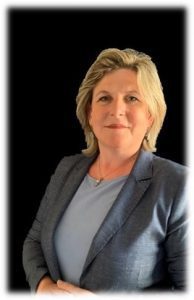
Silvia Mensdorff-Pouilly
SVP & Head of Europe Banking & Payments solutions
FIS
Area of Expertise:
Why do you want to become a member of The Payments Association Advisory Board?
What do you see as the main challenges The Payments Association should focus on in the year ahead?
What will you bring to the Advisory Board?

Michalis Charalambides
CEO
ECOMMBX
Area of Expertise:
Why do you want to become a member of The Payments Association Advisory Board?
What do you see as the main challenges The Payments Association should focus on in the year ahead?
What will you bring to the Advisory Board?

Chip Mahan
Global Commercial Head Payments & Banking
Sage
Area of Expertise:
Why do you want to become a member of The Payments Association Advisory Board?
What do you see as the main challenges The Payments Association should focus on in the year ahead?
What will you bring to the Advisory Board?

Ian Benn
Global Head of Strategy
Ingenico ( Worldline brand)
Area of Expertise:
Why do you want to become a member of The Payments Association Advisory Board?
What do you see as the main challenges The Payments Association should focus on in the year ahead?
One of the biggest challenges we face in the payments sector is that we have a well-established set of processes which, largely, work well. There are inefficiencies, of course. There are some questions about concentration of commercial power, and a host of anomalies, but overall, the system is very robust and has evolved to be stable and effective.
At the same time, there are a number of innovations that offer genuine improvements in efficiency, levelling the field and flexibility. Yet, in challenging the status quo, they also bring new risks and challenges. To me, the Payments Association must be alert to these challenges and help the industry steer a safe path to positive innovation without unintended consequences. As an example, the principle of central bank digital currencies seems tremendously encouraging as a means of moving value. Yet if funds are no longer moving between entities (albeit electronically), there is potentially no role for the retail bank as a holder of the nation’s deposits. Under current regulations, deposits underpin lending capacity for the banks and, without them, the impact on liquidity could be profound. At the same time, if the operation of a central ledger becomes the domain of the central bank, then overnight the bank becomes a consumer service. This is not intrinsically bad, but it is very challenging given the construct and original purpose of the facility. Crypto has a vital role to play in the economy but its impact is complex and facts are often obscured by passions (Whether positive or otherwise). The Payments Association can and must help clarify thinking. New technologies bring new flexibility and new consumer opportunity – but only if everyone has access to the appropriate technologies. Financial inclusion will become a growing challenge for the entire industry over the coming year. All electronic payments bring a level of audit trail and, relative to cash, an erosion of anonymity. What is the right balance to strike? And finally, Covid has challenged the world’s thinking about supply chains. With world shortages of components, skills and freight capacity, there will be a considerable rebalancing of the way business run and this could lead to a significant repatriation of investment and growing political localism. The danger is that with localism there often comes regulatory fragmentation. Many controls are driven by government and governments are not always good at balancing urgency with importance. Hasty regulations can cause real damage. The Payments Association must be in a position to bring realism and balance to the debate.What will you bring to the Advisory Board?



